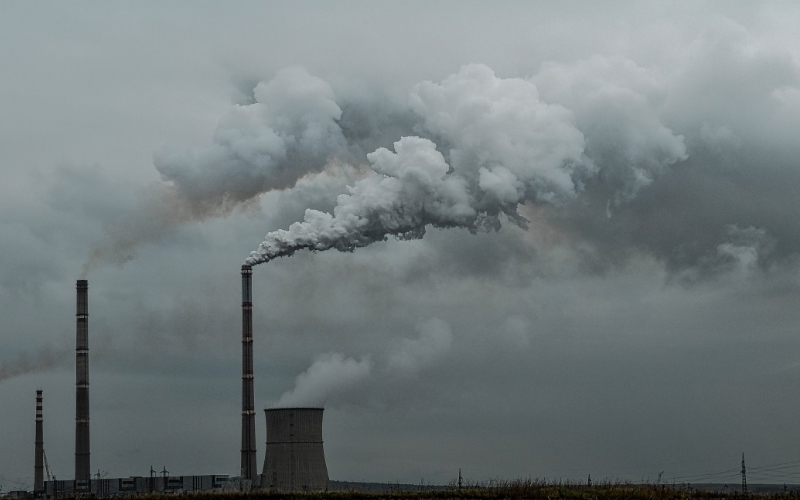New Delhi: As the Delhi government has re-introduced the odd-even scheme to curb air pollution, the Delhi Electric Vehicle Policy, 2018 awaits to be notified even after close to a year since it was drafted.
While the government said it is working on details of the drafts, the manufacturers of electric vehicles said the policy could have played an important role in controlling pollution in the long term.
Sohinder Gill, Director General, Society of Manufacturers of Electric Vehicles (SMEV) said odd-even is meant for tackling a crisis-like situation and has an extremely short-term effect.
“Ironically, we wait 300 days a year of inaction, then proudly announce a series of ad hoc measures and conveniently forget everything a few weeks later. Unless we do meticulous planning and take comprehensive corrective measures, we are all destined to suffer more severely,” Gill said.
He said one significant step could have been mandatorily shifting to cleaner and less polluting vehicles like electric.
“The very positive and forward-looking Delhi EV policy seems to be on the backburner for more than a year leading to a worsening situation on the roads due to ever-increasing vehicles and ever-growing traffic jams. If we would have just replaced 10 per cent of the petrol two-wheelers with electric, it would have reduced 50 lakh tonnes of CO2 and greenhouse gases in a year,” Gill added.
Similarly, he said, electric cars, e-buses and e-autos could have helped bring down CO2 levels significantly.
However, the draft is yet to be notified with the government saying it will be done very soon.
Vice Chairperson of Dialogue and Development Commission Jasmine Shah said by November-end the government is expected to notify the Electric Vehicles Policy, after the needed amendments in the draft are done.
“The government is working on details of the draft. There are important changes in the draft and the government is working on it,” Shah said.
The Delhi Transport Department in the policy draft, introduced in November 2018, had said the vehicular pollution was a consistent source of air pollution in Delhi and contributes up to 30 per cent of particulate pollution.
It also said the rapid adoption of zero-emission electric vehicles will be of great importance to the city and the adoption of Electric Vehicles (EVs) for road transport will contribute to a wide range of goals.
“These include – better air quality, reduced noise pollution, enhanced energy security and in combination with a low carbon power generation mix, reduced greenhouse gas emissions,” the draft said.
The primary objective of the Delhi EV Policy 2018, as per the draft, is to bring about a material improvement in Delhi’s air quality “by bringing down emissions from the transport sector”.
Delhi recently witnessed one of the most polluted days in winters since 2015 with a thick layer of smog covering the entire city.

